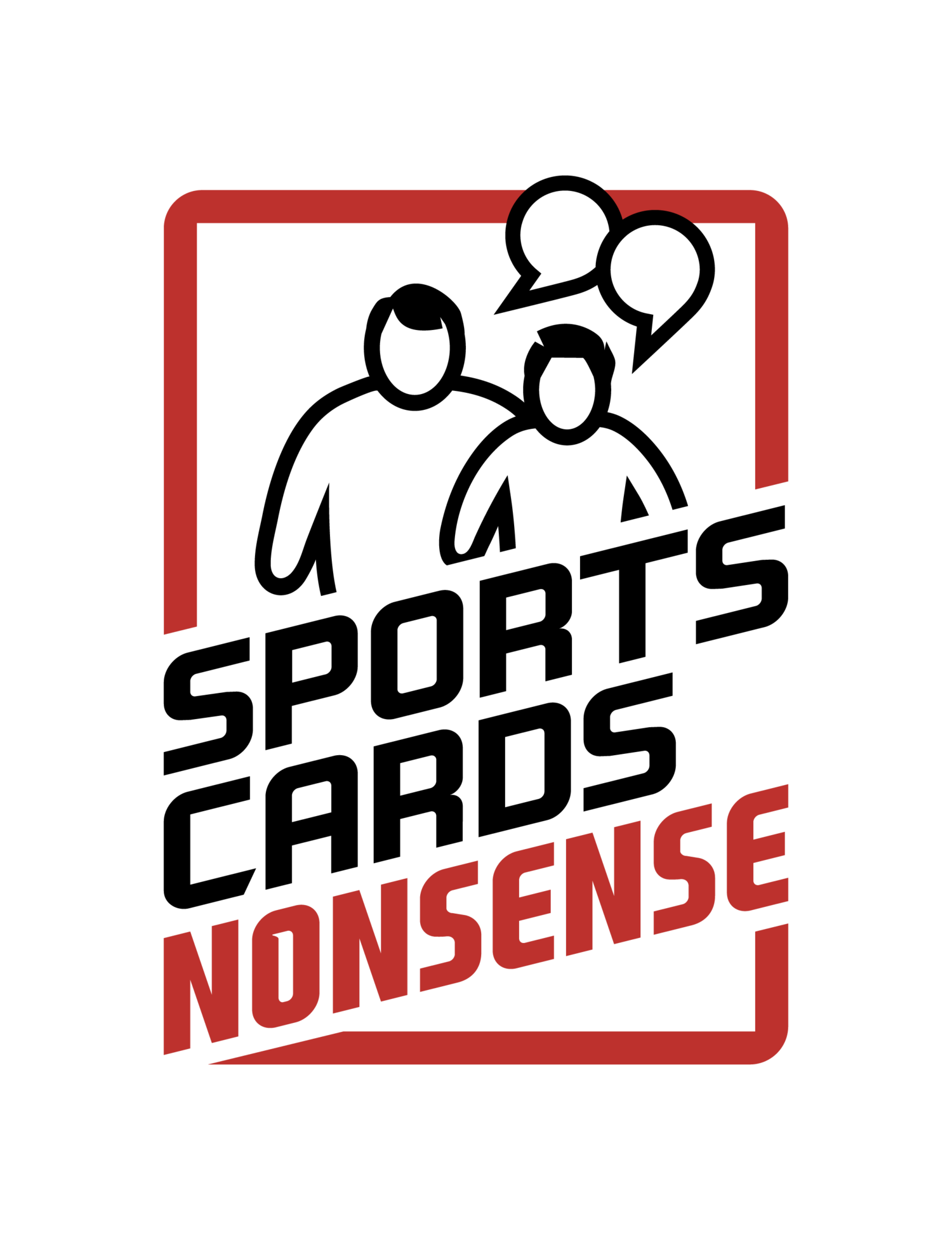The Lottery Aspect of the Hobby is Disappointing at Times
Who doesn’t dream about one day selling a trading card worth millions of dollars, right?
Who doesn’t, just every once in a while, imagine pulling an RPA, sending it out to grading, getting that gem-mint number, then sending it off to auction.
I know I get caught up in this every so often, and, let’s admit it — it’s cool!
However, trading cards were never intended to be lottery tickets — lottery tickets are lottery tickets, right?
What’s happen though, and there are a few reasons why, is that sports cards have turned into lottery tickets for far too many in the hobby.
You see it daily in break rooms, and on YouTube, where self-proclaimed influencers parade a wad of cash around and act like they’re making life-changing deals at every table in every show.
You see it at local hobby shops when wax box prices are sky-high simply because one card might be in one of those sealed boxes.
If you go to your local party store and look at a stack of scratch-off tickets, same rule applies except the lottery doesn’t base the price of the ticket solely on the possibility of the biggest payout alone.
It’s a shame, in many ways, the hobby has come to this point in its evolution.
And I'll admit, I’m more passionate about the business end of the hobby than I am the collecting end, but even I think it has gone too far.
I was watching a break last night that was four boxes, with a total of 20 cards in the break, and 32 spots to sell. Which means, already 12 people are going to get nothing, perhaps more if there are double teams.
Cost of this break — $350 a spot.
Why? Because there “could” be an RPA worth thousands.
Breaking is another topic for another column — and truthfully, I think they can be a lot of fun.
Nonetheless, it’s indicative of the economics of the hobby.
Pay for the smallest of possibility — not reality.
I don’t know if or how this ever changes, but I certainly find it disappointing.
That said, it’s an imperfect hobby, and along with that comes a collection of folks who will exploit these loopholes and opportunities in the industry.
Still, I’d like to see this part of the hobby pump the brakes some.

